AI, Covid and taxes: what is behind steep rise in youth unemployment?

Youth unemployment is at the highest level since the Covid pandemic, as younger people bear the brunt of a worsening slowdown in the UK jobs market.Excluding the peak recorded during the autumn of 2020, when the country was entering the second pandemic lockdown, the jobless rate for 16 to 24-year-olds – running at 15.3% – is at the highest level in a decade.There are a multitude of reasons why young people are struggling to find work – including the lasting scars of the Covid pandemic, rising mental health issues, the rise of artificial intelligence and tax increases.Here we dive into the details.
The UK economy is underperforming its potential,Sticky inflation, elevated borrowing costs, subdued consumer demand and Donald Trump’s erratic trade wars are all contributors, while budget uncertainty has not helped,This backdrop is discouraging employers from hiring,Young people typically suffer most when the economic chips are down,The reasons are brutal but obvious: lacking experience, employers see entry-level workers as expendable.
Sanjay Raja, the chief UK economist at Deutsche Bank, said: “The higher up you go, the bigger the opportunity cost to replace workers who firms have put more investment and training into, and who are more difficult to replace.”Rachel Reeves’s £25bn increase in employer national insurance contributions (NICs) in last year’s autumn budget is widely acknowledged to have driven up unemployment – including by the Bank of England.Adding to employment costs, the chancellor’s tax-rise was twofold: the headline rate was increased from 13.8% to 15%, and the earnings threshold at which the tax applies was cut from £9,100 a year to £5,000.Employers blame the latter for hitting part-time work, particularly in retail and hospitality – sectors that typically hire younger workers.
There are however carve-outs: employer NICs are not charged on annual earnings below £50,270 for workers aged under-21 and apprentices under-25.The government increased the national living wage by 6.7% to £12.21 an hour from April.It also raised the 18 to 21-year-old rate by 16.
3% to £10, as the first step towards a Labour manifesto pledge to scrap “discriminatory” youth age bands.Employers warned this risks pricing out young people.Nigel Farage has suggested cutting the rate.The Resolution Foundation has also urged Labour to ditch its plan to equalise the 18 to 21-year-old legal pay floor with the full adult rate.“I don’t think a higher minimum wage is a bad thing.
But given the payroll cost increases we’ve had in the past year, this could have deterred employers from hiring,” said Raja.Businesses were already investing heavily in new technologies, including artificial intelligence, to replace simple human tasks.Leaps in tech and rising labour costs have accelerated this investment drive.Simple jobs handled in entry-level roles are most at risk, meaning young people are once again disadvantaged.“You’re in the perfect space where doing menial tasks – spreadsheets, etc – is being disrupted.
It’s a little early for AI but automation utilisation is definitely having an impact,” said Raja,The retail, hospitality and health sectors in particular have been investing in automation; from self-scanning checkouts to smartphone apps to order drinks and food,Lockdowns at the height of the Covid pandemic disrupted the critical years of education for millions of students, making the transition into the world of work much harder than for previous generations,The number of young people with mental health issues and disabilities has also increased sharply,More than a quarter of 16 to 24-year-olds who are not in education, employment or training are in this position – double the figure in 2005.
Young people have grown up as public services have crumbled, living costs have increased and average wage growth has flatlined.This has acted as a barrier to getting on and a disincentive to work.Ben Harrison, the director of the Work Foundation thinktank, said: “All of those factors taken together, it’s not necessarily too surprising you’ve seen this rise in mental health issues since the mid 2010s.”
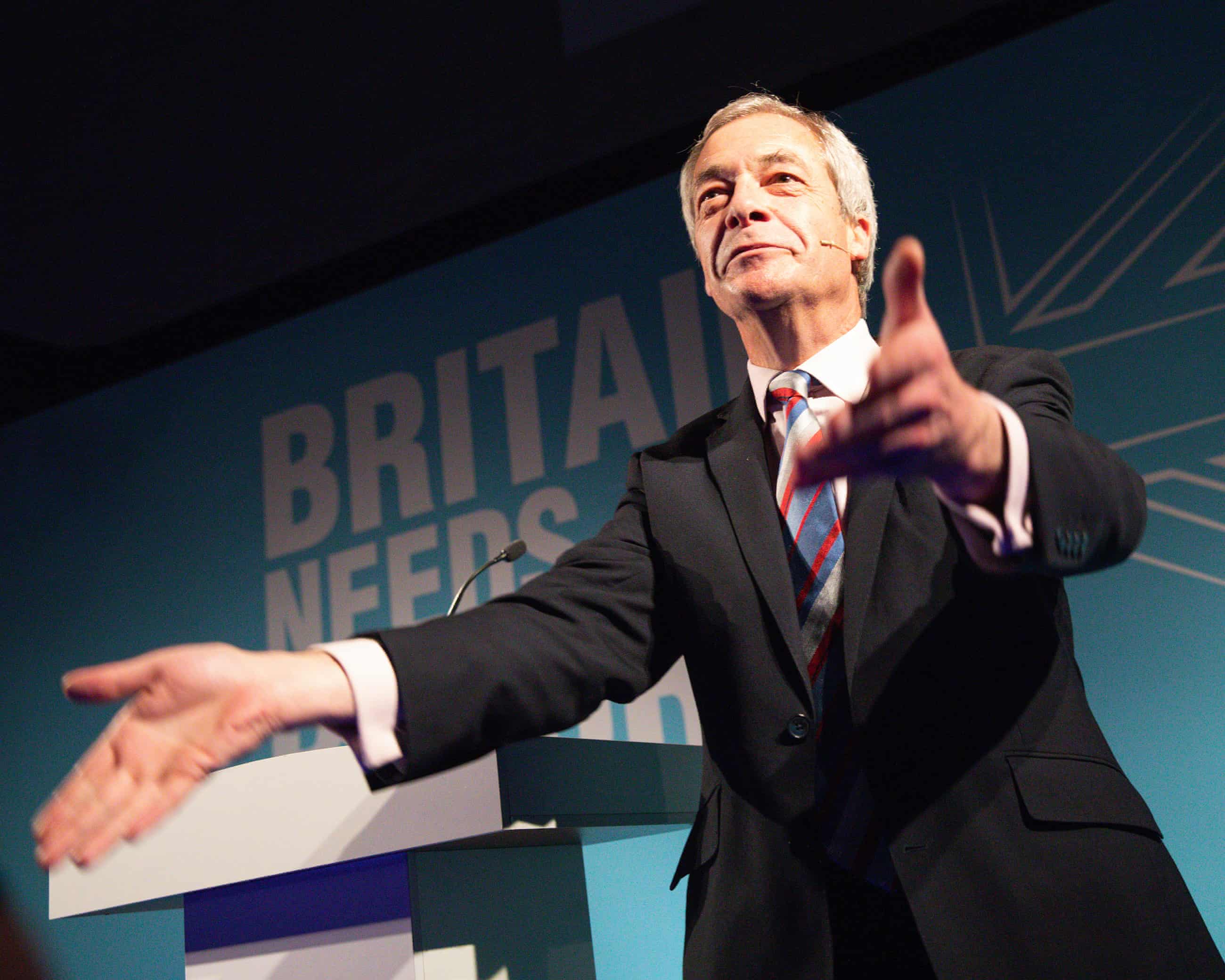
When reality bites: the rapid rise and chaotic fall of Reform UK in Cornwall
Resignations, suspensions and infighting lead to party losing crown of highest number of seats in the county“I know whenever I come back here next,” Nigel Farage told a jubilant crowd of hundreds in a leisure centre in Redruth, “Reform UK will become a dominant force, not just in Cornwall politics, but in British politics.”That was in February and when the local elections arrived three months later it appeared Farage’s prophecy was in part coming true – Reform took 28 seats on Cornwall council, the highest number of any party.But during his speech at Carn Brea leisure centre, Farage also warned his rapturous supporters “we have to convert theory into reality” – and reality in Cornwall is now biting.Six months on from the local elections – after which Reform was unable to form an administration, leaving the Liberal Democrats and independents to set up a ruling coalition – the party’s presence in the county is in disarray following weeks of resignations, suspensions and infighting that mean Reform UK no longer holds the highest number of seats in the authority.Critics say that along with the chaos in the Reform-led council of Kent, the farcical scenes in Cornwall, where Reform act as the official opposition are further evidence that the party is not capable of delivering beyond a protest vote
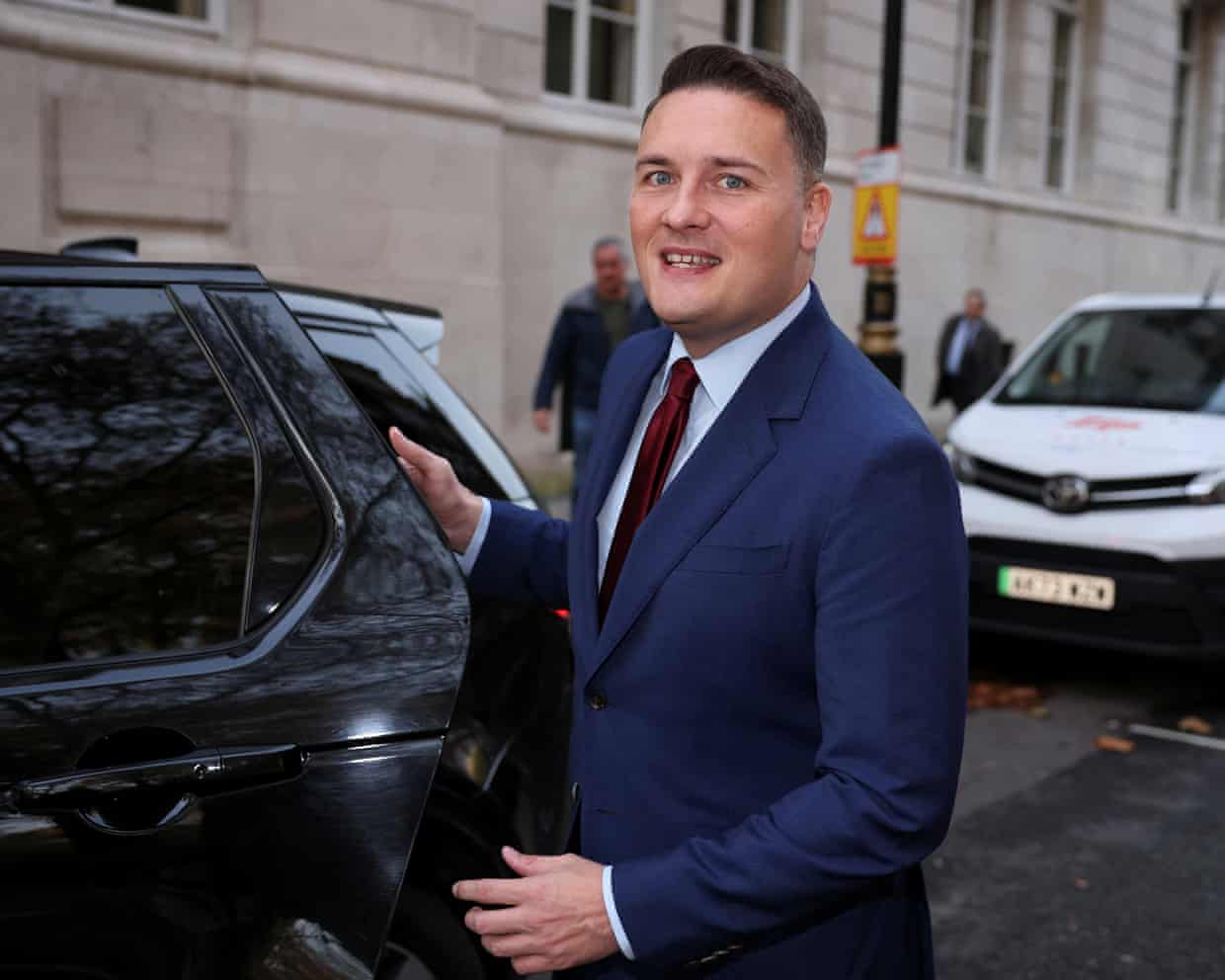
Wes Streeting accused of ‘chaotic and incoherent approach’ to NHS reform
Wes Streeting has been accused of taking a “chaotic and incoherent approach” to reforming the NHS, which makes it unlikely the government will hit its own targets, according to a damning report by the Institute for Government (IfG).The report praises elements of how the health secretary has managed the health service in his first year in office, including improving performance and staff retention in hospitals. Thepay settlement he reached with resident doctors last year avoided a winter plagued by NHS strikesBut it also criticises significant aspects of his performance, including the way he handled the abolition of NHS England and his lack of action to stem the exodus of senior GPs.The findings threaten to puncture Streeting’s reputation after a turbulent week during which he was forced to deny accusations from allies of Keir Starmer that he was lining up a leadership challenge against the prime minister.Stuart Hoddinott, the IfG’s associate director and the author of the report, said: “There have been some positive steps: performance is trending slowly upwards in hospitals, there’s been a genuinely large increase in GPs and the rate at which hospital staff are leaving their jobs is the lowest on record outside the pandemic
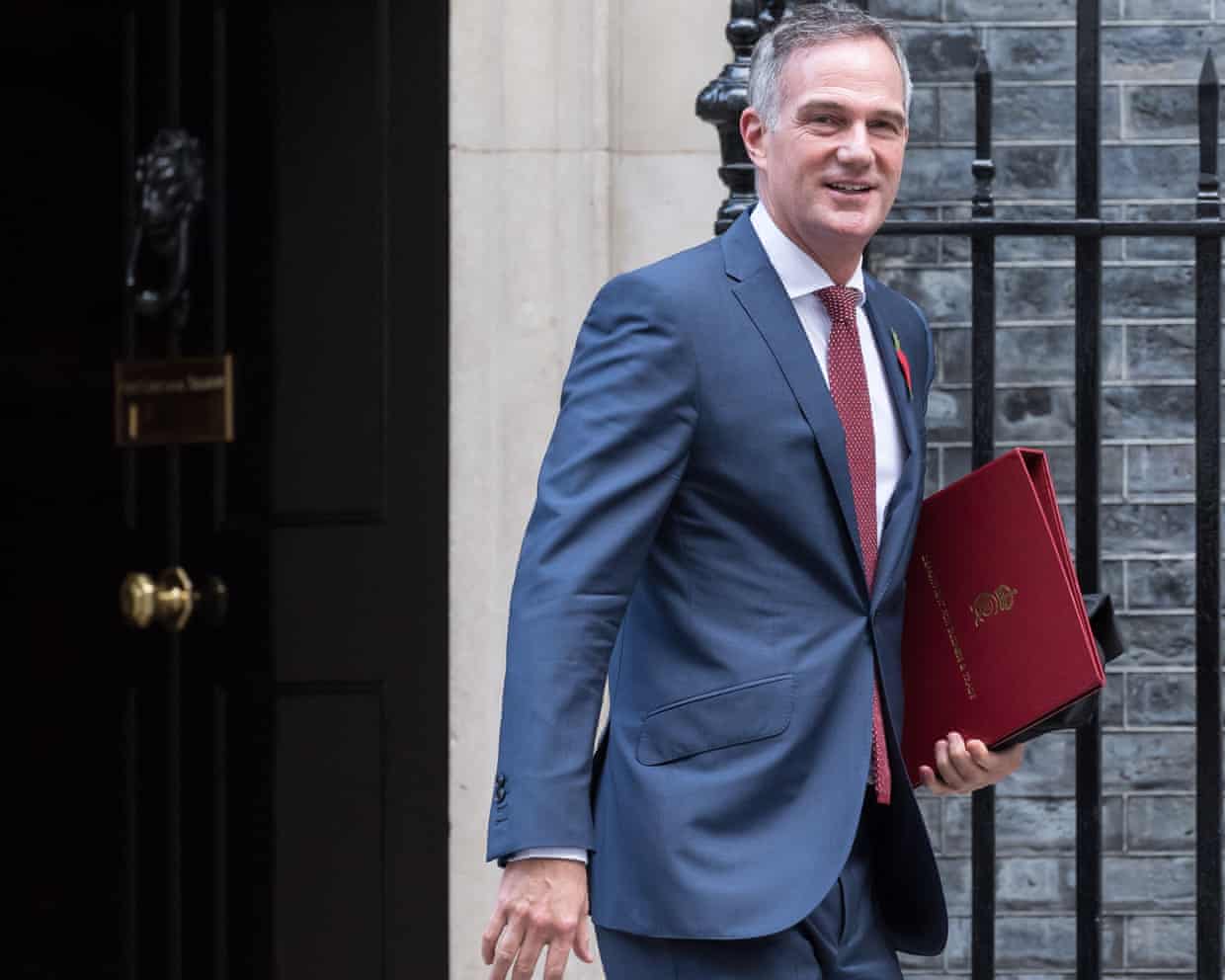
Nigel Farage is today’s Enoch Powell and his appeal down to slow economy, says minister
Nigel Farage is “today’s incarnation of the politics of Enoch Powell”, the business secretary, Peter Kyle, said at the Co-operative party conference.Kyle described Reform UK as “far right”, while stressing that boosting economic growth was needed to “build an economy and a politics that people can trust to deliver for themselves, their families and their communities”.He told the conference: “The truth is that without securing higher, sustained economic growth, reconnecting people and politics, generating trust in the potential of democracy and importance of good government becomes almost impossible.“And the appeal of the parties of the far right – with their dogma of disruption, division and despair – it becomes, too, alluring.”Kyle added: “We see it today with Reform, just as we did in previous times with the National Front and the British National party

‘They all think Keir is done’: how push to protect Starmer’s job backfired spectacularly
If there’s one thing the Labour party can agree on this week, it is that efforts by Keir Starmer’s allies to shore up his position backfired spectacularly.By briefing journalists that he would face down any challenge and accusing Wes Streeting of leading an advanced plot to overthrow him, figures around the prime minister managed only to expose the weakness of his position.The sharks were already circling – there is no shortage of senior Labour politicians convinced they can do a better job of running the country. And the botched briefing operation on Tuesday night was proof to many MPs that Starmer is leading an ineffectual No 10 operation careering towards a crushing defeat in Scotland, Wales and English local councils next May.This impression solidified on Friday when Downing Street ripped up its carefully trailed plans to increase income tax in the budget – a move seen by others in government as the latest “panicked” attempt to protect Starmer’s position
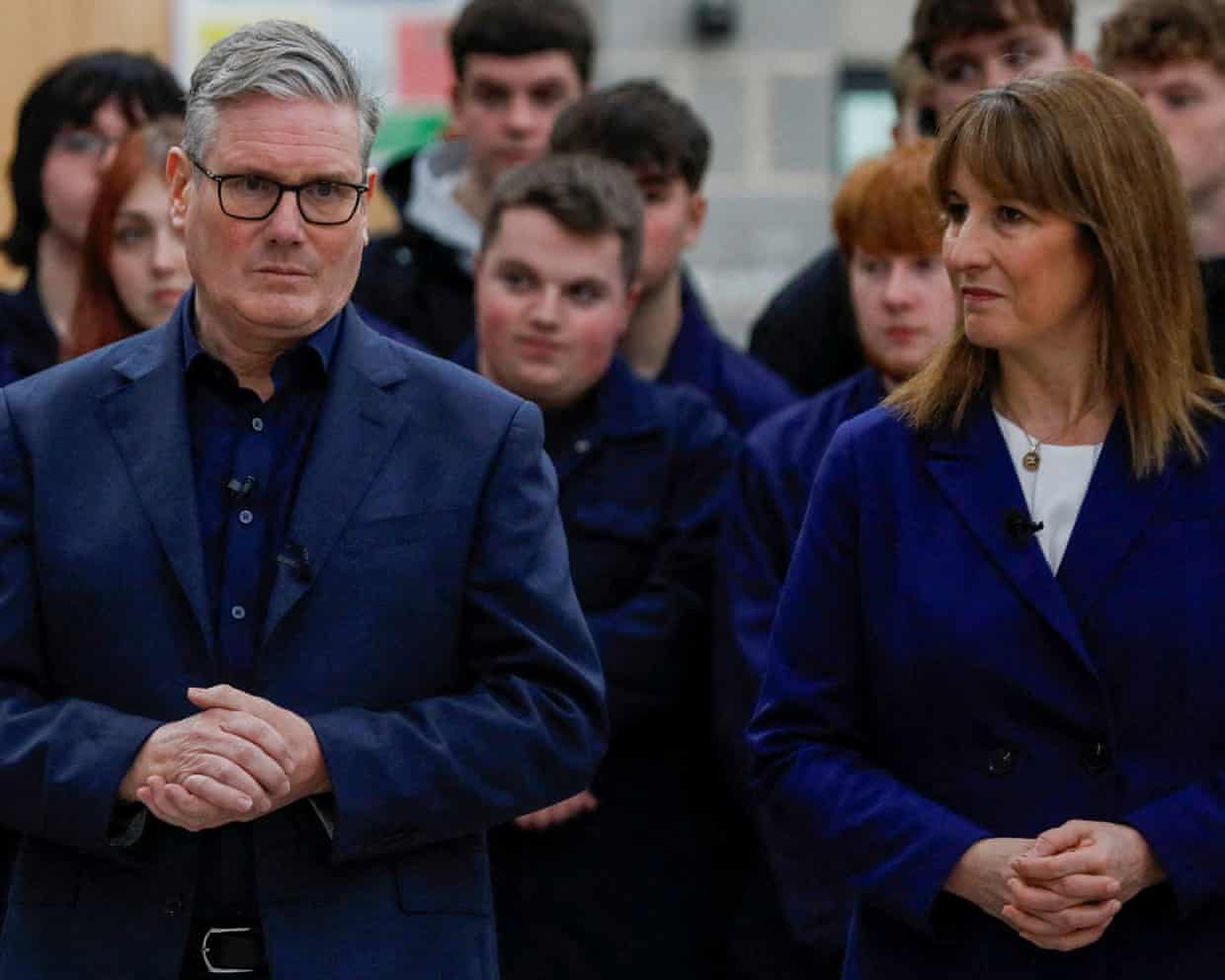
Treasury won’t cut threshold for higher rate income tax, say sources – UK politics live
This is from Pippa Crerar, the Guardian’s political editor, on where we stand this morning after all the fallout from the budget income tax U-turn. She confirms that sources are now ruling out cutting the thresholds for paying higher rates of income tax.She says government insiders claim the change is all down to better-than-expected fiscal forecasts, and that Labour opposition to the proposal was not a factor.Where we are on budget after revelation Rachel Reeves will no longer hike income tax rates- Treasury confirms that stronger than expected OBR forecasts means fiscal gap is closer to £20bn than previously speculated £30-£40bn. Reeves also wants headroom of around £15bn in addition

MP Adnan Hussain quits Your Party over ‘persistent infighting’
The leftwing Your Party led by Jeremy Corbyn and Zarah Sultana has had a major split after another independent MP involved, Adnan Hussain, quit because of “persistent infighting and a struggle for power” in the organisation.The departure of the Blackburn MP, who is the secretary of the limited company behind Your Party, is another blow after renewed disagreements between Sultana and Corbyn, this time over the handover of membership levies.Hussain was one of four independent MPs who, along with Corbyn, signed a Your Party statement on Thursday night accusing Sultana of unnecessary delay in passing on £850,000 in donations, a move that infuriated Sultana.On Friday afternoon, Hussain said via X he had spent recent months reflecting on his role in an organisation he had believed would be based on “a commitment to equality, justice and anti-racism”.He said: “Regrettably, the reality I encountered has been far from this vision
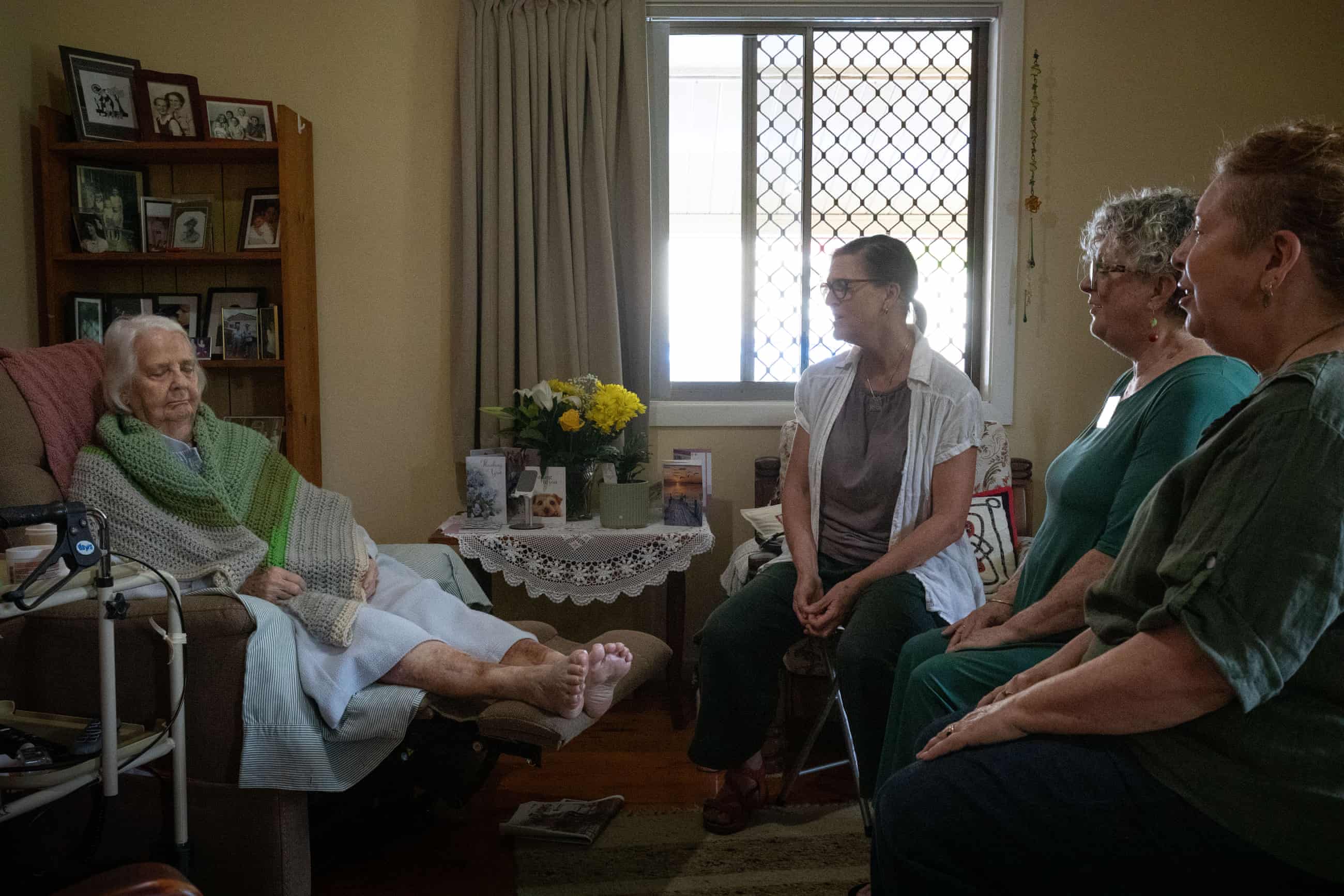
‘It was the last time Mum smiled at me’: the choirs singing to the dying in three-part harmony
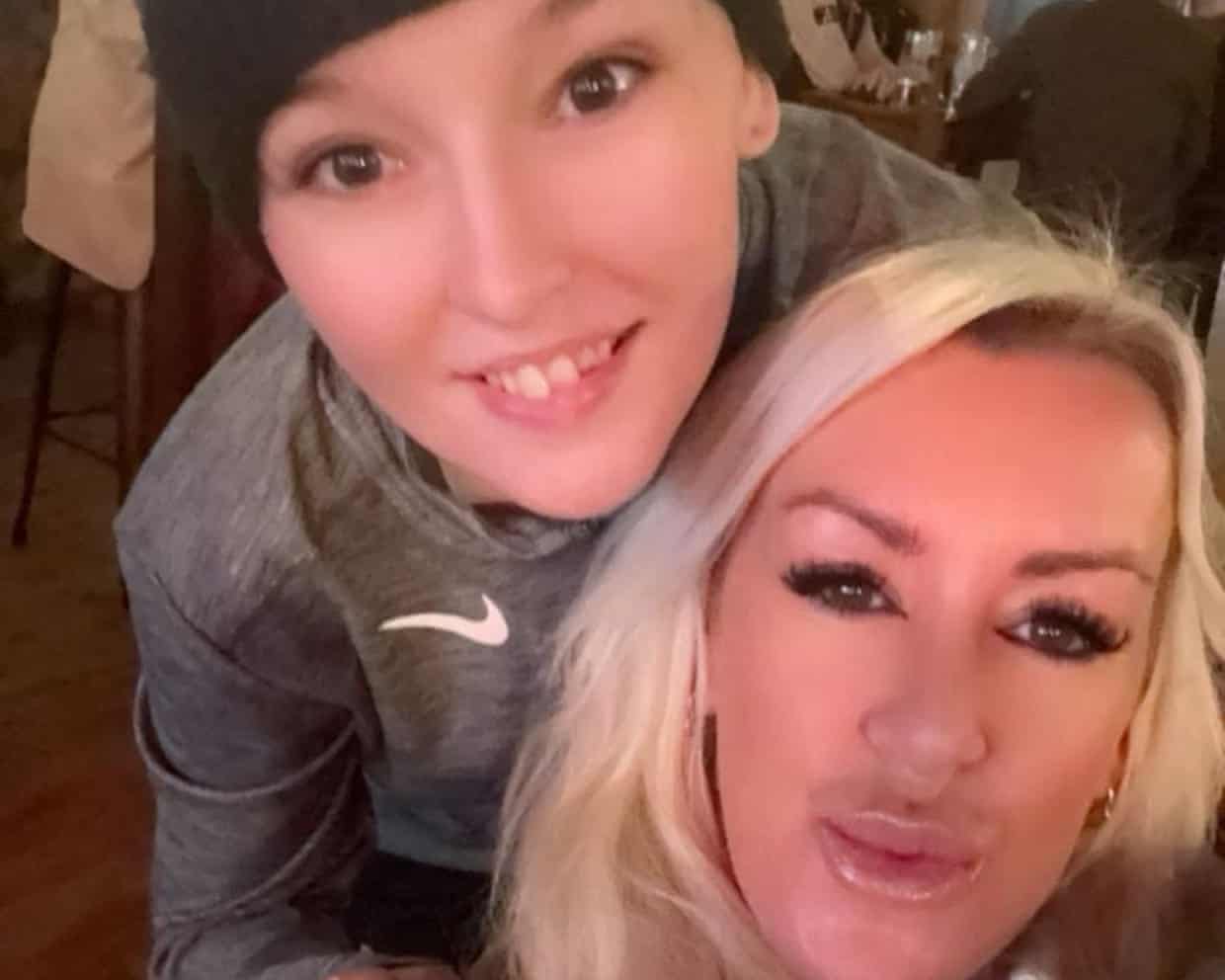
‘There is a gap where Alex should be’: the young woman who lost her life in a neglectful prison system

AI, Covid and taxes: what is behind steep rise in youth unemployment?
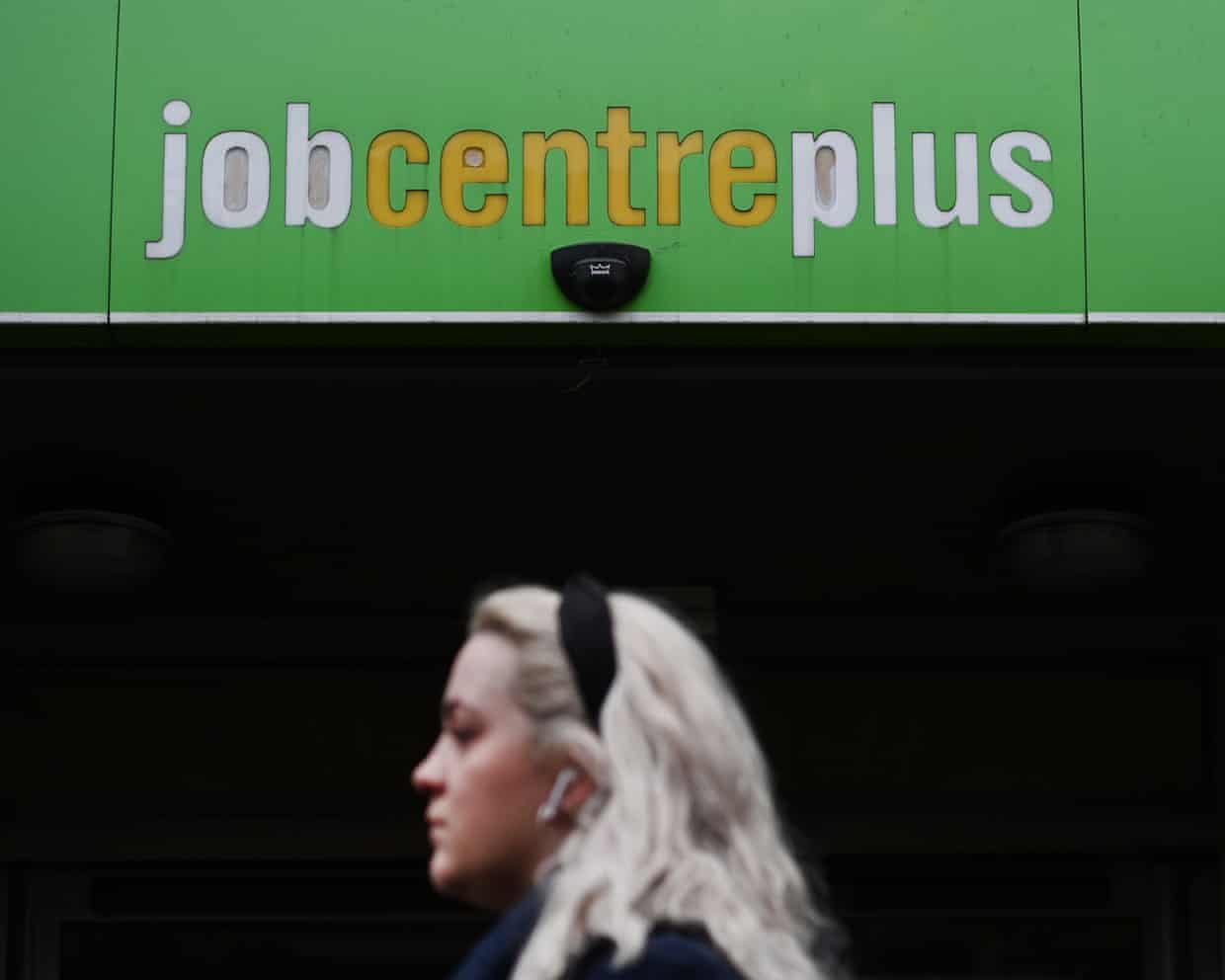
‘It’s so demoralising’: UK graduates exasperated by high unemployment
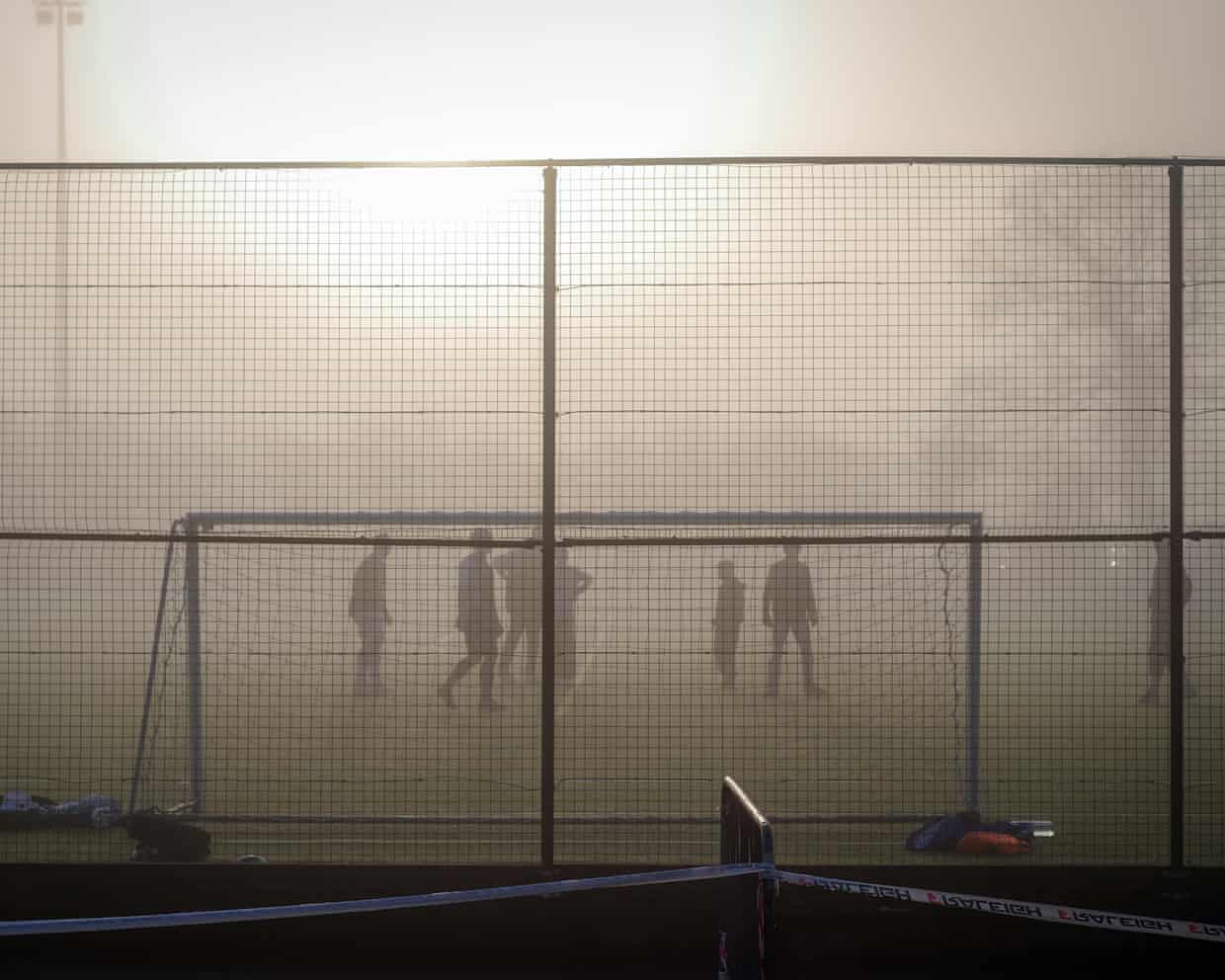
English councils plan to sell off social clubs and sports centres to balance books
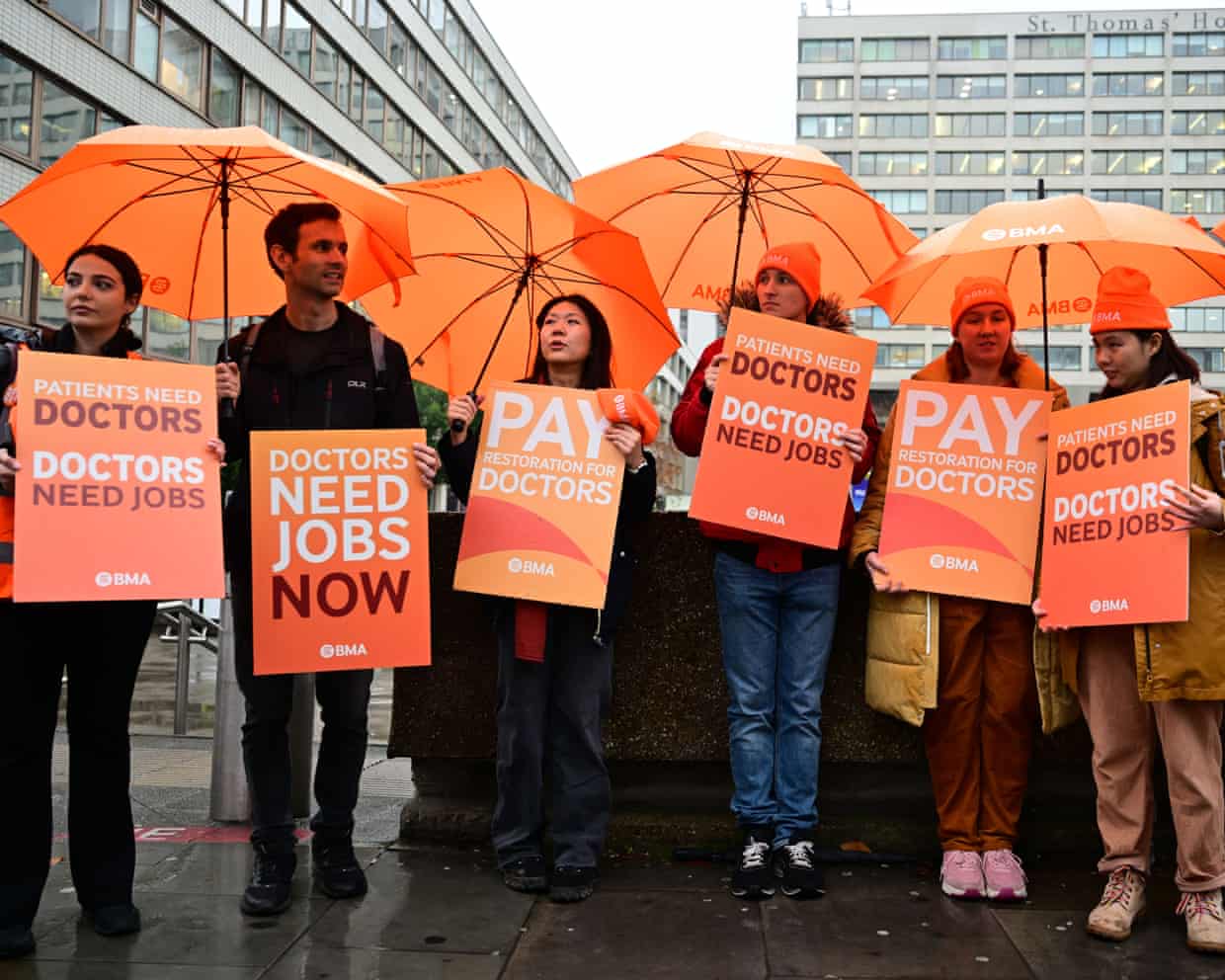
Why the NHS doctors’ strikes look set to continue